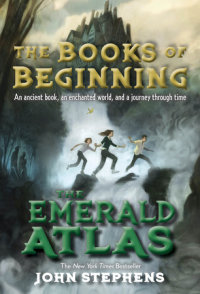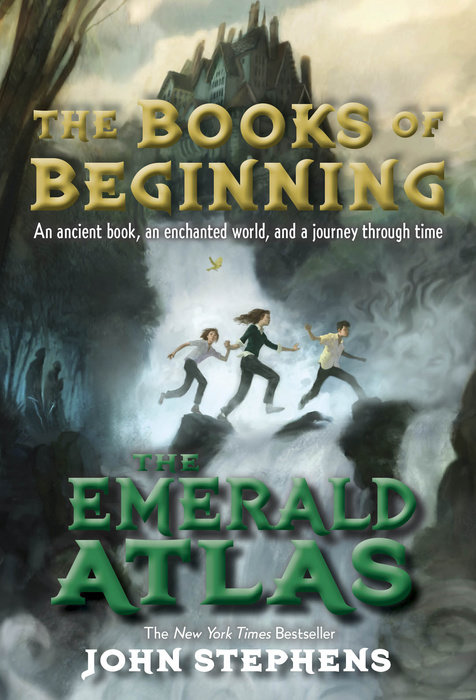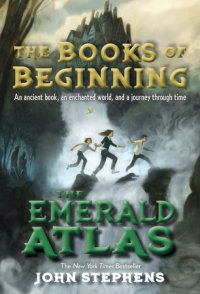The hat in question was owned by Mrs. Constance Lovestock. Mrs. Lovestock was a woman of some years, even greater means, and no children. She was not a woman who did things by half measures. Take her position on swans. She thought them the most beautiful, graceful creatures in the world.
“So graceful,” she said, “so elegant.”
When one approached her large and sumptuous house on the outskirts of Baltimore, one saw shrubbery cut to look like swans. Statues of swans taking flight. Fountains where a mother swan spat water at baby swans. A birdbath in the shape of a swan where lesser birds could have the honor of bathing. And, of course, actual swans gliding across the ponds that encircled the house, and who sometimes waddling, not as gracefully as one might have hoped, past ground-floor windows.
“I do nothing,” Mrs. Lovestock was proud of saying, “by half measure.”
And so it was one night near the beginning of December, while sitting before the fire with her husband, Mr. Lovestock—who took a vacation by…
The hat in question was owned by Mrs. Constance Lovestock. Mrs. Lovestock was a woman of some years, even greater means, and no children. She was not a woman who did things by half measures. Take her position on swans. She thought them the most beautiful, graceful creatures in the world.
“So graceful,” she said, “so elegant.”
When one approached her large and sumptuous house on the outskirts of Baltimore, one saw shrubbery cut to look like swans. Statues of swans taking flight. Fountains where a mother swan spat water at baby swans. A birdbath in the shape of a swan where lesser birds could have the honor of bathing. And, of course, actual swans gliding across the ponds that encircled the house, and who sometimes waddling, not as gracefully as one might have hoped, past ground-floor windows.
“I do nothing,” Mrs. Lovestock was proud of saying, “by half measure.”
And so it was one night near the beginning of December, while sitting before the fire with her husband, Mr. Lovestock—who took a vacation by himself every summer supposedly to collect beetles, but actually to hunt swans at a private reserve in Florida, blasting them at near-point-blank range with a mad grin on his face—so it was that Mrs. Lovestock sat up on the swan-shaped couch where she had been knitting and announced, “Gerald, I am going to adopt some children.”
Mr. Lovestock took the pipe from his mouth and made a thoughtful sound. He had heard clearly enough what she said. Not “a child.” Rather “some children.” But long years had taught him the futility of direct confrontation with his wife. He decided it wisest to give up some ground with a combination of ignorance and ?flattery.
“Why, my dear, that is a fabulous idea. You’d make a wonderful mother. Yes, let’s do adopt a child.”
Mrs. Lovestock tutted sharply. “Don’t toy with me, Gerald. I have no intention of adopting just one child. It’d hardly be worth the effort. I think I shall begin with three.” Then she stood, indicating the discussion was over, and strode out of the room.
Mr. Lovestock sighed, replacing the pipe in the corner of his mouth and wondering if there was a place he could go in the summer to hunt children.
Probably not, he thought, and went back to his paper.
•?•?•
“This is your last chance.”
Kate sat across the desk from Miss Crumley. They were in her office in the north tower of the Edgar Allan Poe Home for Hopeless and Incorrigible Orphans. The building had been an armory in centuries past, and in the winter, the wind blew through the walls, rattling the windows and freezing the water in the toilets. Miss Crumley’s office was the only room that was heated. Kate hoped whatever she had to say would take a long time.
“I’m not joking, young lady.” Miss Crumley was a short, lumpish woman with a mound of purplish hair, and as she spoke, she unwrapped a piece of candy from a bowl on her desk. The candy was off-limits to children. On their arrival at the Home, as Miss Crumley was explaining the list of dos and don’ts (mostly don’ts), Michael had helped himself to a peppermint. He’d had to take cold showers for a week afterward. “She hadn’t said not to eat them,” he complained. “How was I supposed to know?”
Miss Crumley popped the candy in her mouth. “After this, I’m done. Finished. If you and your brother and sister don’t make yourselves as agreeable as possible so that this lady adopts you, well . . .” She sucked hard on her candy, searching for a suitably terrifying threat. “. . . Well, I just won’t be responsible for what happens.”
“Who is she?” Kate asked.
“Who is she?!” Miss Crumley repeated, her eyes widening in disbelief.
“I mean, what’s she like?”
“Who is she? What’s she like?” Miss Crumley sucked ?violently, her outrage rising. “This woman—” She stopped. Kate waited. But no words came. Instead, Miss Crumley’s face turned bright red. She made a gagging sound.
For the briefest of seconds—well, perhaps more like three ?seconds—Kate considered watching Miss Crumley choke. Then she jumped up, ran around, and pounded her on the back.
A gooey greenish lump flew out of Miss Crumley’s mouth and landed on the desk. She turned to Kate, breathing hard, her face still red. Kate knew better than to expect a thank-you.
“She is”—Miss Crumley gasped—“a woman interested in adopting three children. Preferably a family. That is all you need know! Who is she! The nerve! Go find your brother and sister. Have them washed and in their best clothes. The lady will be here in an hour. And if either one of them does anything, so help me . . .” She picked up the candy and popped it back in her mouth. “. . . Well, I just won’t be responsible.”
As Kate descended the narrow spiral stairs from Miss Crumley’s office, the air grew colder, and she drew her thin sweater more tightly around herself. Adults seeing Kate for the first time always took note of what a remarkably pretty girl she was, with her dark blond hair and large hazel eyes. But if they looked closer, they saw the furrow of concentration that had taken up residence on her brow, the way her fingernails were bitten to the quick, the weary tension in her limbs, and rather than saying, “Oh, what a pretty girl,” they would cluck and murmur, “The poor thing.” For to look at Kate, pretty as she was, was to see someone who lived in constant anticipation of life’s next blow.



